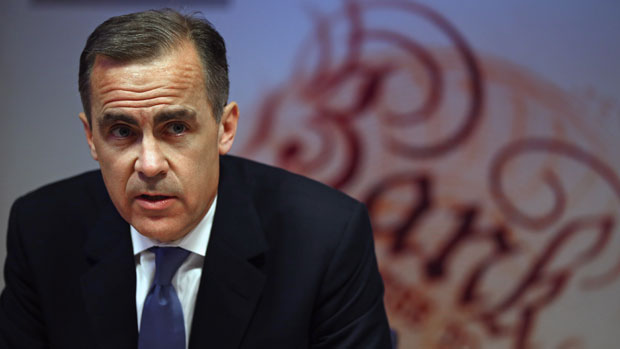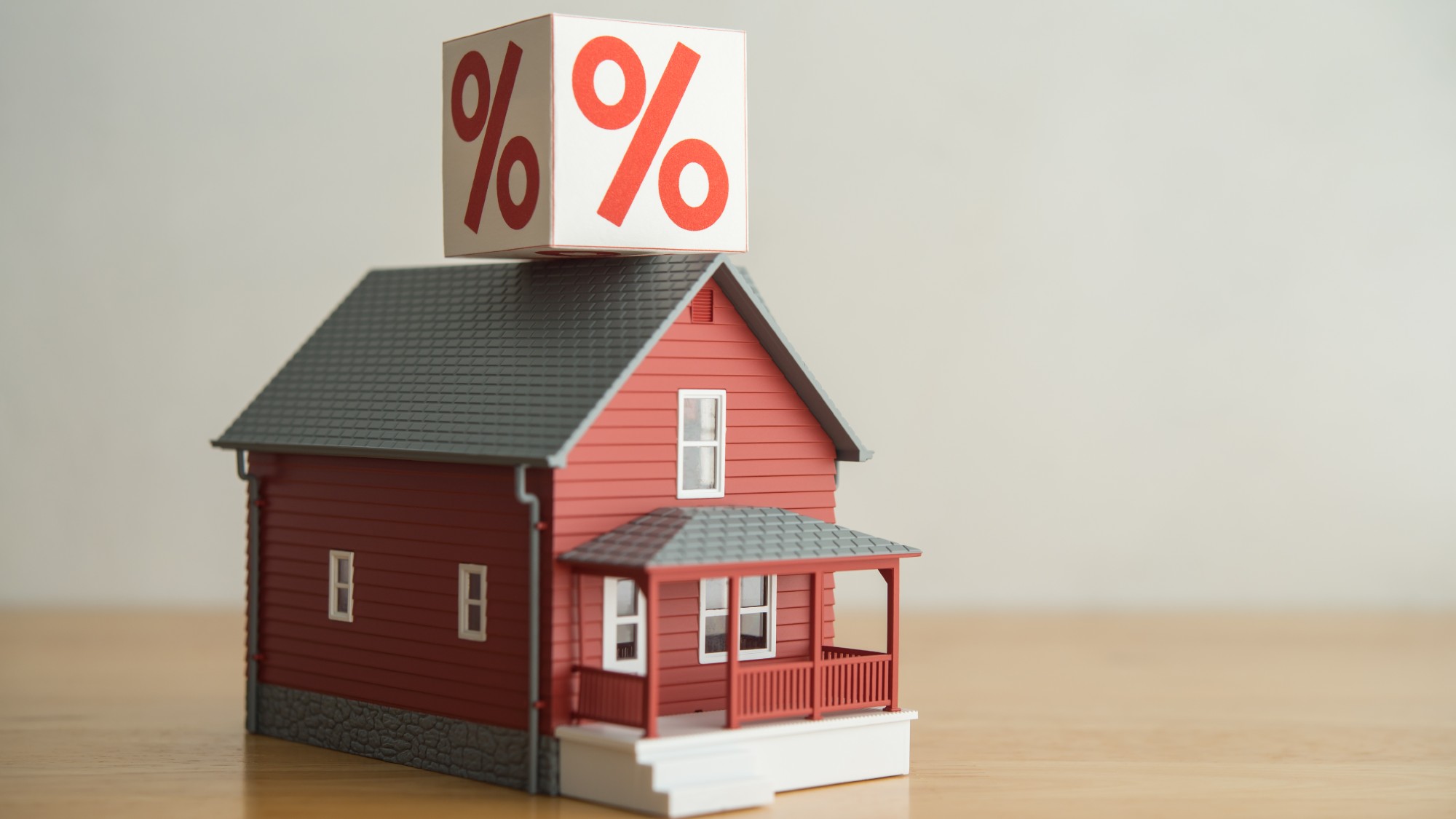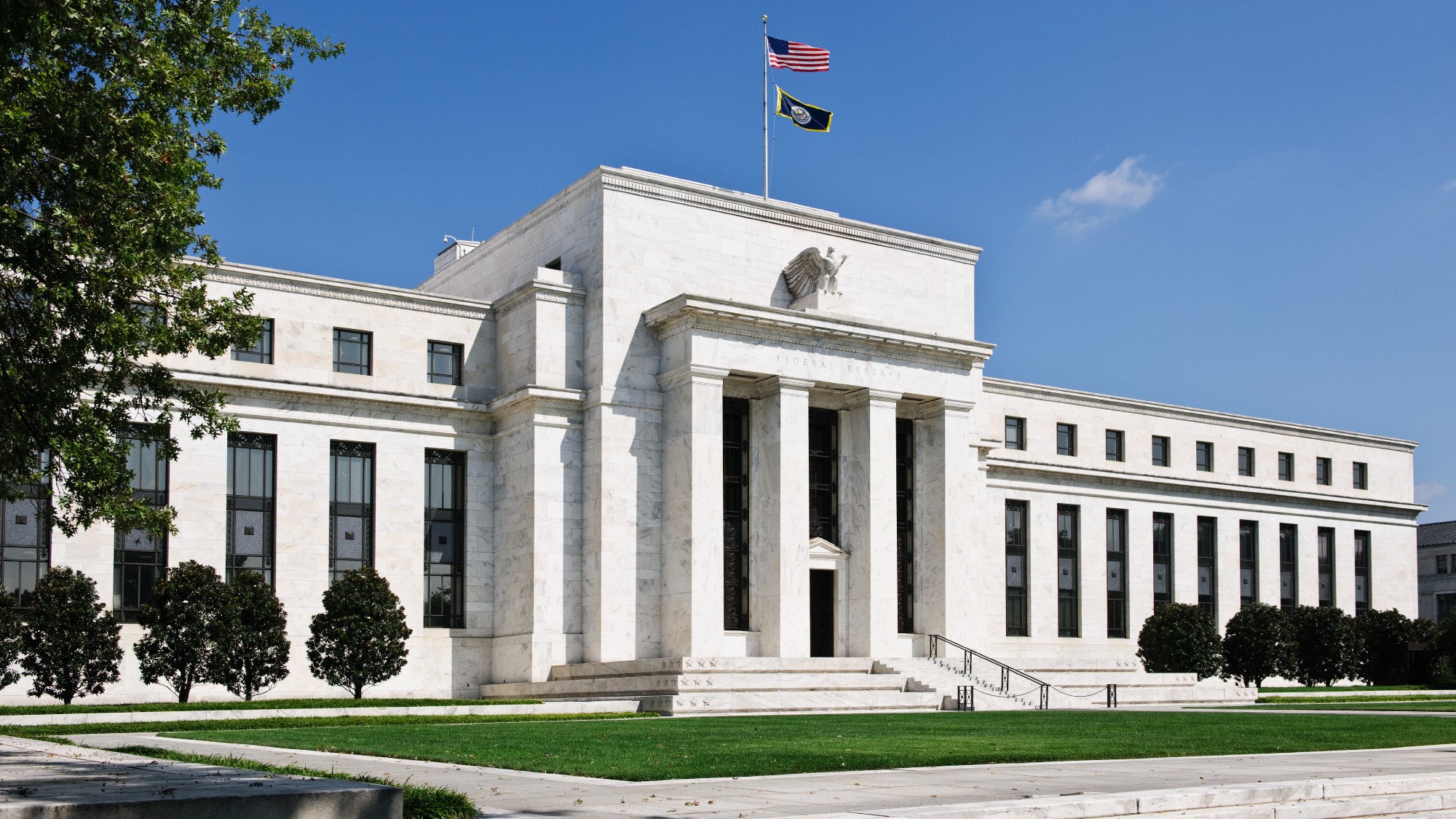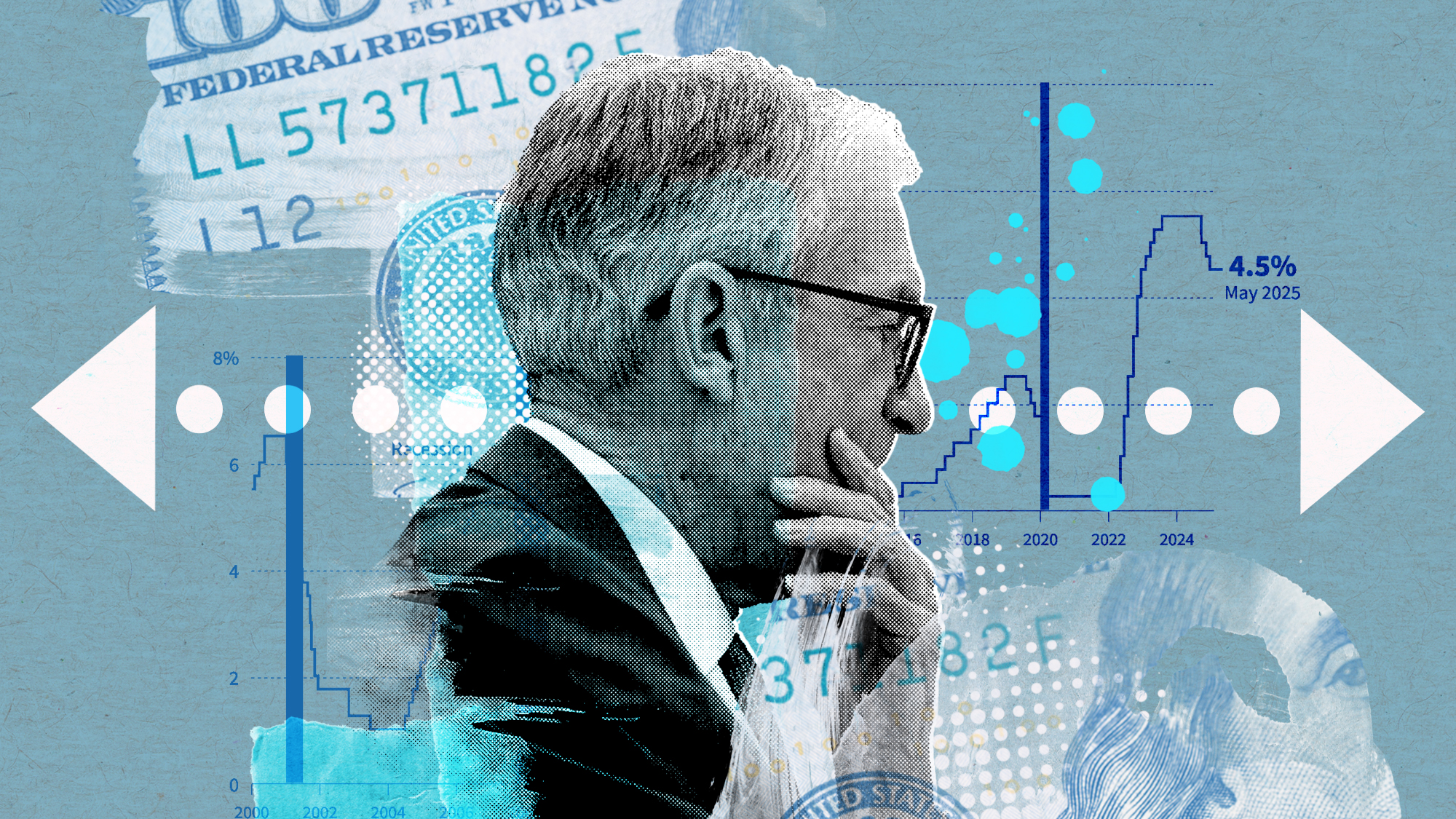Mark Carney: interest rates to rise sooner than expected
Chancellor gives Bank of England new powers to restrict mortgages as Mark Carney warns on rates

A free daily email with the biggest news stories of the day – and the best features from TheWeek.com
You are now subscribed
Your newsletter sign-up was successful
The first rise in interest rates since the wake of the financial crisis may come sooner than expected, the Bank of England governor Mark Carney has warned.
Carney hinted that they could rise before the end of the year, amid growing concerns about a housing bubble.The need for internal balance, to use up "wasteful spare capacity" while achieving the inflation target of two per cent, will "likely require gradual and limited interest rate increases", he said. "The start of that journey is coming nearer."In his first Mansion House speech last night, Carney also warned that the housing market is now "the greatest risk to the domestic economy".The move to increase interest rates will provide some "long-awaited relief to savers but plunge many borrowers into difficulty", says the Daily Telegraph.Chancellor George Osborne has also announced new powers for the Bank of England to restrict mortgage lending. "Does the housing market pose an immediate threat to financial stability today? No, it doesn't. Could it in the future? Yes, it could, especially if we don't learn the lessons of the past," he said.Osborne announced new rules to increase the supply of housing by encouraging building on brownfield land and new powers for the Bank to impose limits on the loan-to-income ratios for mortgages."I say today, very clearly: the Bank of England should not hesitate to use these new powers if they think it necessary to protect financial stability," he said.Osborne has not set a level for any cap, but Carney suggested he is unhappy with banks lending some customers four or five times their annual salary.
According to the Council of Mortgage Lenders, the average first-time buyer borrows 3.46 times their salary. Some banks, including Lloyds Banking Group and Royal Bank of Scotland, have voluntarily capped lending at four times salary for mortgages over £500,000. Bank of England figures, released this week, showed the number of higher-risk mortgages increased in the first three months of the year.
The Week
Escape your echo chamber. Get the facts behind the news, plus analysis from multiple perspectives.

Sign up for The Week's Free Newsletters
From our morning news briefing to a weekly Good News Newsletter, get the best of The Week delivered directly to your inbox.
From our morning news briefing to a weekly Good News Newsletter, get the best of The Week delivered directly to your inbox.
Mark Carney: UK economy is 'growing robustly'
13 Nov 2013
The economy is "growing robustly" as the recovery takes hold, the Bank of England governor Mark Carney said today.
The Bank has boosted its growth forecast for the current quarter from 1.4 per cent to 1.6 per cent. It is now predicting 2.8 per cent annual growth for 2014, rather than the 2.5 per cent it forecast in August, reports the BBC.
The reports says: "In the United Kingdom, recovery has finally taken hold. The economy is growing robustly as lifting uncertainty and thawing credit conditions start to unlock pent-up demand."
A free daily email with the biggest news stories of the day – and the best features from TheWeek.com
These more optimistic projections are partly based on falling unemployment rates - it emerged earlier that the UK faces 7.6 per cent unemployment, an improvement on previous rate of 7.8 per cent.
The Bank will leave interest rates unchanged, sticking to its pledge not to consider raising them until unemployment falls below seven per cent. It believes it is possible that could happen as soon as next year, though this is unlikely.
Reacting to the news, the Confederation of British Industry (CBI) chief policy director Katja Hall said: "The Bank's forecast confirms businesses' view that the UK economic recovery is on track.
"But there are still hurdles to overcome before growth gets back to a sustainable level, including boosting business investment and trade."
Speaking about fears of a house price bubble, Carney said there were "clearly areas in the country where valuation is very elevated" but said this was confined to more expensive homes.
He said: "What we are seeing across the UK is the greatest price momentum is for houses that are towards the upper end of the valuation spectrum."
-
 Will increasing tensions with Iran boil over into war?
Will increasing tensions with Iran boil over into war?Today’s Big Question President Donald Trump has recently been threatening the country
-
 Corruption: The spy sheikh and the president
Corruption: The spy sheikh and the presidentFeature Trump is at the center of another scandal
-
 Putin’s shadow war
Putin’s shadow warFeature The Kremlin is waging a campaign of sabotage and subversion against Ukraine’s allies in the West
-
 How will Fed rate cuts affect the housing market?
How will Fed rate cuts affect the housing market?the explainer An anticipated series of Federal Reserve cuts could impact mortgage rates
-
 What is the Federal Reserve and what does it do?
What is the Federal Reserve and what does it do?The explainer The decisions made by the United States' central banking system have very real economic effects
-
 What are certificates of deposit and how do they work?
What are certificates of deposit and how do they work?The Explainer CDs may be the right solution for your savings goals
-
 Where should you stash your savings after the Fed rate cut?
Where should you stash your savings after the Fed rate cut?The Explainer You will not be earning as much on savings rates, so you may want to make some changes
-
 What's next for US interest rates?
What's next for US interest rates?The Explainer A pause after a series of cuts
-
 When does it make sense to refinance your mortgage?
When does it make sense to refinance your mortgage?The explainer You may be able to secure a lower interest rate — but it's not a good move for everyone
-
 What financial impacts can you expect when the Fed finally cuts rates?
What financial impacts can you expect when the Fed finally cuts rates?The Explainer The Federal Reserve is poised to slash interest rates in the coming months
-
 How to get lower interest rates on student loans
How to get lower interest rates on student loansThe Explainer Federal student loan interest rates are set to reach record heights for the 2024-25 school year